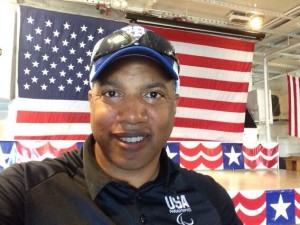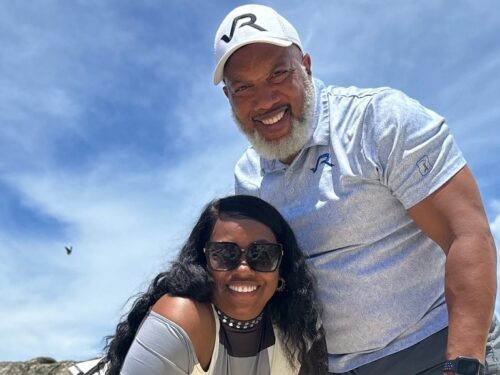Many soldiers returning home experience PTSD — post-traumatic stress disorder. It may take months or even years to overcome the damage that trauma causes to the psyche, yet time and again, surprisingly, we see service members push through

John Register, Gulf War Army Veteran and Paralympic Silver Medalist Living in Post Traumatic Growth.
rough hardship and move on to a more productive life than before they experienced trauma. Despite having what society might call a “disability,” these people have soldiered through life and have moved into Post Traumatic Growth (PTG) — loosely defined as a set of positive changes which result from surviving a traumatic experience.
As a founder of the United States Olympic Committee Paralympic Military Sport Program, I repeatedly experienced veterans using sports to overcome PTSD and transition into their “new normal.” I routinely heard exclamations of “I am doing more with one leg than I ever did with two!” or “I sense more without eyesight than I ever did sighted!”
The time I spent with service members in this program taught me 5 key ideas that help a person transition into their PTG.
- Discovery: Discovery of new opportunities, such as sports.
- Connection: Connecting with others who have experienced similar trauma and creating a strong bond with them.
- Resilience: Understanding that there is no “rebound,” but instead taking a proactive step toward achieving your goals, even if that means trusting someone else to help with the process.
- Appreciation: Appreciating that life is still yours to live, and being thankful for your life.
- Commitment: Commit to a process, a system, a belief that tomorrow is better than today.
This Veterans Day, we remember the great men and women who have served and still serve in our armed forces. We also recognize those who struggle with PTSD and want to ensure that programs are in place to facilitate their transition into Post Traumatic Growth.
For a free download of my infographic on PTG click HERE.
John Register



